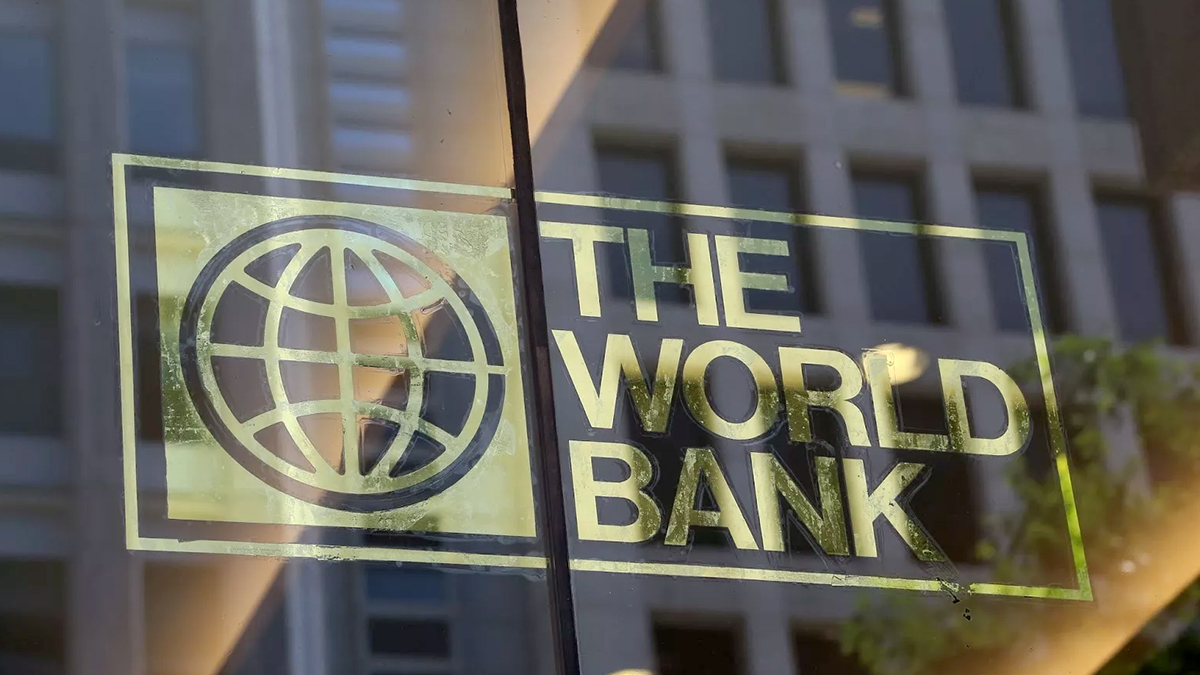ASTANA – Kazakhstan’s economy is expected to grow by 3.5 percent in 2023 and 4 percent in 2024, led by the hydrocarbons sector as oil production rises due to several new projects, according to an updated World Bank review published on April 6.

Photo credit: primeminister.kz.
According to the report, continued foreign direct investment in mining and the government’s affordable housing program will sustain investment. As economic growth accelerates, the poverty rate is expected to decline slightly to 14.7 percent in 2023, with a poverty line of $6.85 a day.
The inflation rate is projected to decrease, although it will remain elevated this year, with significant increases in food and fuel prices since 2022 following the Russian-Ukraine conflict.
Low-income households remain vulnerable to income shocks that have pushed them into poverty. The inflation rate could further undermine government efforts on poverty alleviation.
At the first expanded government meeting after the March 19 parliamentary election, Kazakh Prime Minister Alikhan Smailov stressed the need to implement measures to reduce inflation by half by the end of the year.
According to the report, access to effective coping mechanisms will play an important role in protecting the poverty reduction gains of the last decade.
The report noted that continued monetary tightening and tighter control over fiscal spending will be required to allow space for higher spending on social protection programs.
World Bank analysts also warn that further disruptions to the Caspian Pipeline Consortium (CPC), which transports the majority of Kazakh oil exports, such as the one that occurred in August last year when CPC had to temporarily shut down two single-point moorings due to subsea equipment defects, could negatively impact growth.
“Additional tightening of global financial conditions and potential capital flow volatility pose risks to the exchange rate. On the upside, global demand and oil prices exceeding expectations would boost growth,” reads the report.
